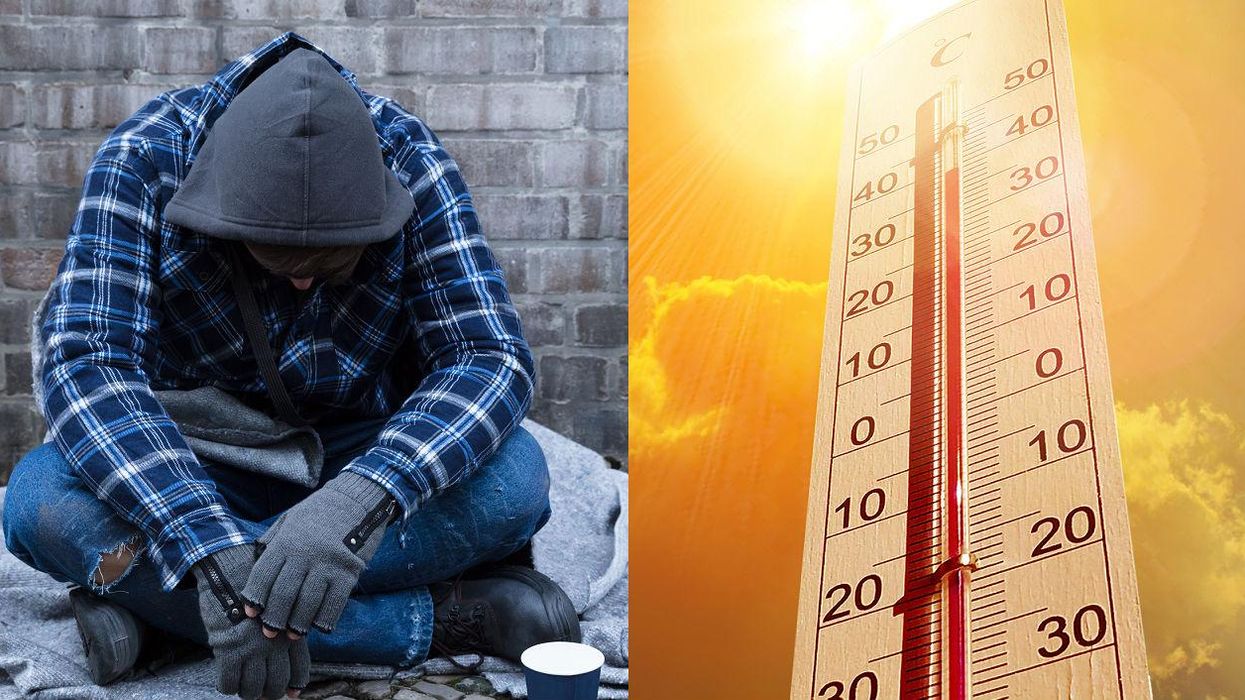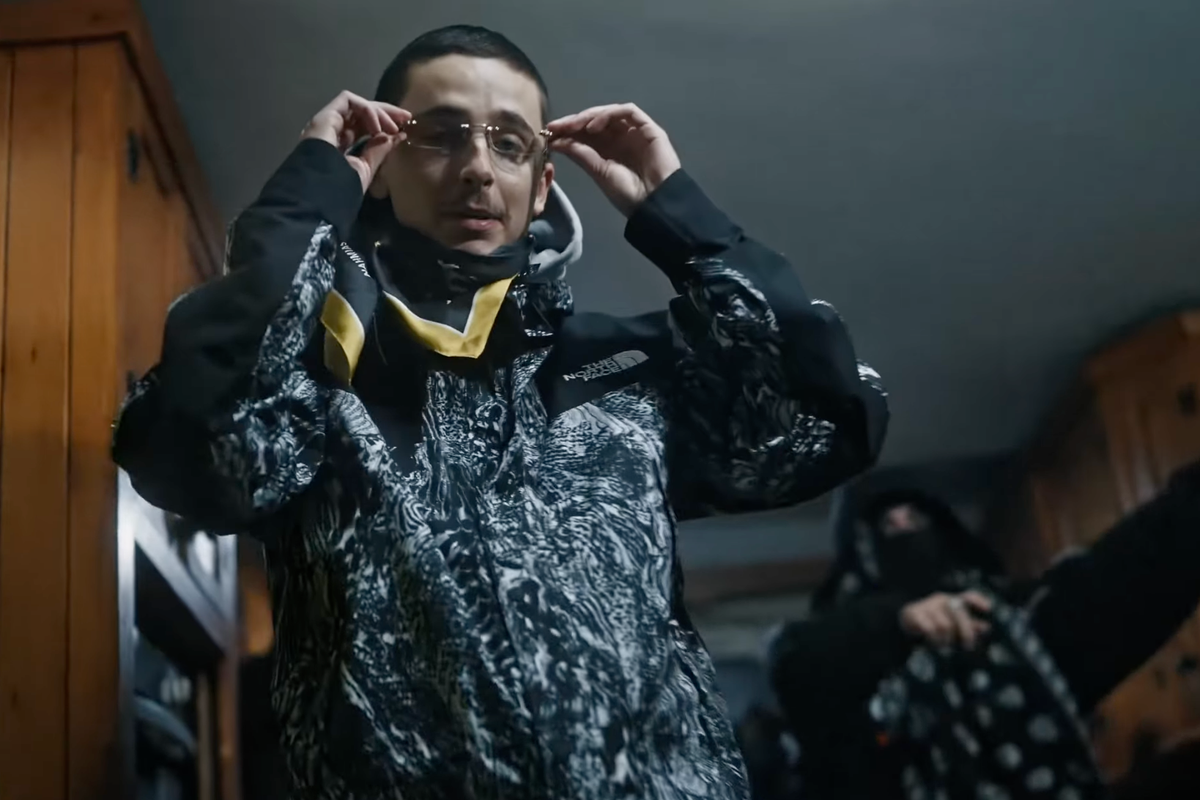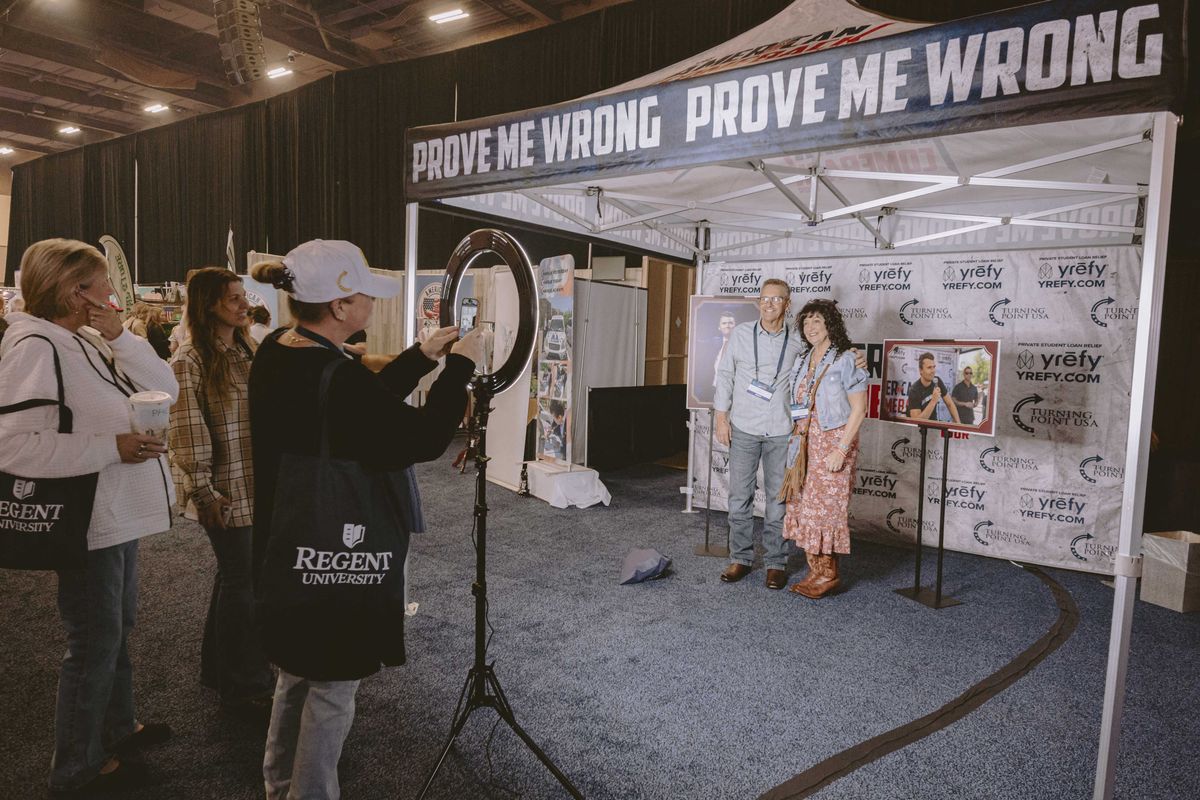
This week the UK has seen soaring temperatures as summer officially kicks into gear.
Public Health England has urged people to stay hydrated, find shade and take protection against the sun.
Such advice could be hard for homeless people to follow, as they may not have the resources readily available to protect themselves from the extreme heat.
The number of rough sleepers in England has risen massively over the last 10 years.
indy100 contacted homeless charity Crisis and asked how people can help those sleeping rough at this time.
Crisis Chief Executive, Jon Sparkes, said: “Rough sleeping is incredibly dangerous at any time of year, but heat waves can expose people to a number of risks including dehydration, sunburn and heat exhaustion”.
What can members of the public do during this extreme heat?
Sparkes said:
Members of the public can help by offering water, sun cream or spare umbrellas.
People living on the streets often spend their nights on the move to stay safe and sleep during the daytime, putting them at risk of severe sunburn, so offering to help find shade can also make all the difference.
If you’re in England or Wales you can also refer rough sleepers to Streetlink, who connect people to local support and services. However, if someone needs urgent medical attention you should call 999 immediately.
Though of course make sure you are adhering to social distancing.
Provisions for people experiencing homelessness
Councils have a duty to help people who are experiencing homelessness.
According to St Mungo’s, a charity set up to help homeless people, depending on a rough sleeper's situation they might be eligible for provisions organised by a local council. They could receive emergency accommodation like a shelter or hostel, as well as something longer-term, depending on the person’s circumstances.
If you've made contact with someone sleeping rough, or are sleeping rough yourself, you can contact a local authority here.
What about rough sleepers who appear to be under 18 years old?
Children and young people under the age of 18 are a priority for housing and support with local councils.
While it may be difficult to identify teenagers who may seem older, if you believe them to be a young person it is important you let StreetLink know.
If you see a child who appears to be on their own, you can also contact 101 for advice.
Should you give money to a rough sleeper?
This is what StreetLink says:
Ultimately we believe that the choice of whether to give money to beggars or not lies with the individual. Many people who are begging are not sleeping rough and equally, not all people who sleep rough, beg.
In the longer term, giving money to people who are begging can aid harmful or destructive behaviours, and if begging is a viable solution for someone, there may be fewer incentives to move away from the streets and into stable accommodation.
There are many alternative ways of helping people who are homeless, for example by donating to or volunteering with local homelessness services.
What about giving/buying food?
You can ask if they’re hungry or thirsty, and buy them food if they would like it.
You can also inform them of the nearest soup kitchen using Streets Kitchen or by finding information on the internet. Some of these places also offer basic toilet facilities and toiletries.
Though of course check if these places re open during the coronavirus crisis.
However, the best way to help is to facilitate a long-term solution by contacting a charity, council or support network.
Sparkes is urging people to join in the Crisis campaign to end homelessness for good: “Ultimately, no one should be forced to live like this when we know that homelessness can be ended".
We’re also asking people to join our campaign to end homelessness for good; email their local MPs asking them pledge their support to end homelessness; and help us ensure that in the future, no one has to face these inhumane conditions again.”
If you see someone in great need, you can also call the emergency services on 999.













Jasmine Crockett hits back at JD Vance's 'street girl persona' jibe